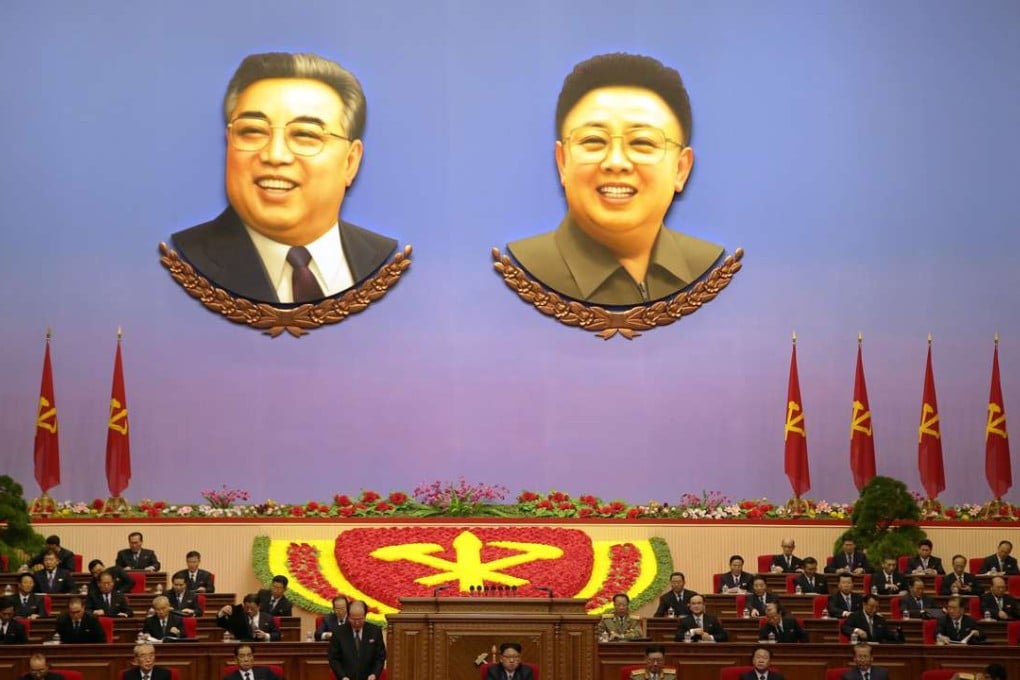North Korea’s ‘rare’ party congress only shows a country at a standstill
Donald Kirk says beyond the spectacle and a vague plan for economic development, the first Workers’ Party congress since 1980 only lays bare, once again, the country’s long-standing problems

The operative word for the foreign media covering the seventh Workers’ Party congress in North Korea, held over one long four-day weekend in Pyongyang, was “rare”.
North Korea had not had such a conflab since 1980 when the late “Great Leader” Kim Il-sung, founder of the dynasty, convened the sixth congress. The idea then was to fortify the succession of his son, Kim Jong-il, as rightful heir to the kingdom, making certain he had vital military posts.
Secretive North Korea hails nuclear programme as it opens party congress
This time around, with Kim Jong-il’s son, Kim Jong-un, firmly ensconced on the throne after his father’s death in December 2011, there was no such obvious reason for staging a congress. Yet the young leader made sure to orchestrate the whole show to perfection, from sweeping views of the 3,400 delegates applauding his every utterance in unison, to a colourful mass “celebration” on Kim Il-sung Square in Pyongyang the day after it was over.
There was, however, nothing “rare” about this performance. North Korea never seems to miss a beat when the time comes to stage a show reaffirming the centrality of the power of the regime, the discipline instilled in aides, adherents and ordinary citizens.

In North Korea, behind the fixed smiles, a world of tears and bullying is revealed
Who can forget those Arirang games enacted by tens of thousands of performers in the May Day Stadium on the Daedong River in Pyongyang, or the stunning parade of military prowess last October 10, the 70th anniversary of the founding of the Workers’ Party? Was a single high-stepping soldier out of sync? Hardly. Was there a flaw in last weekend’s gathering in Pyongyang of the party faithful? Not likely.